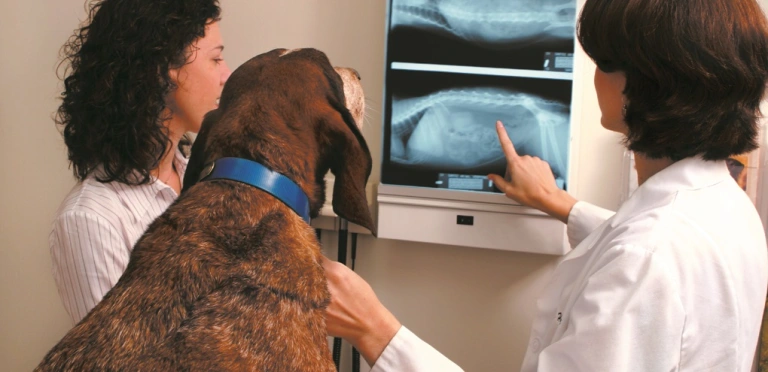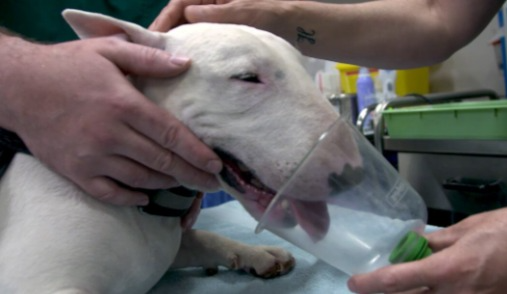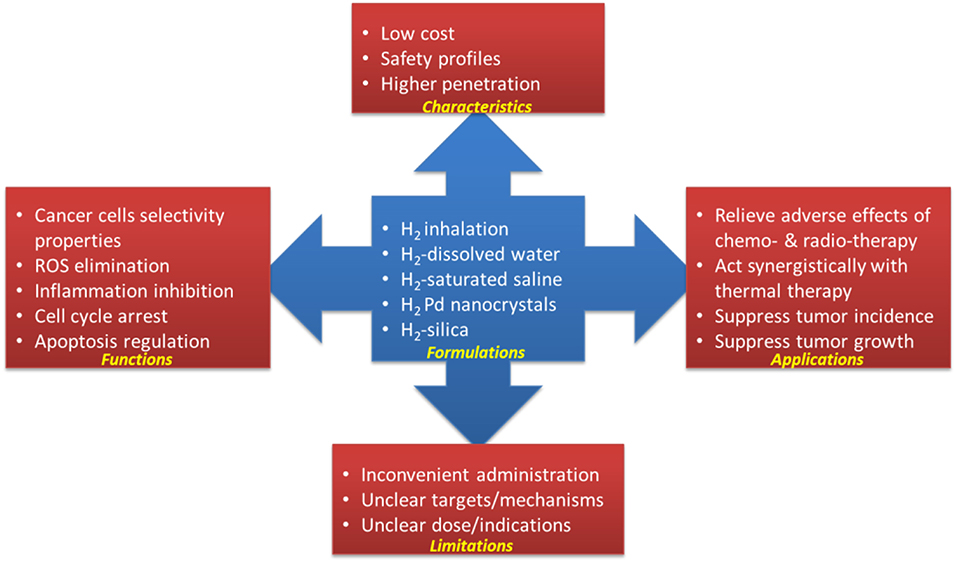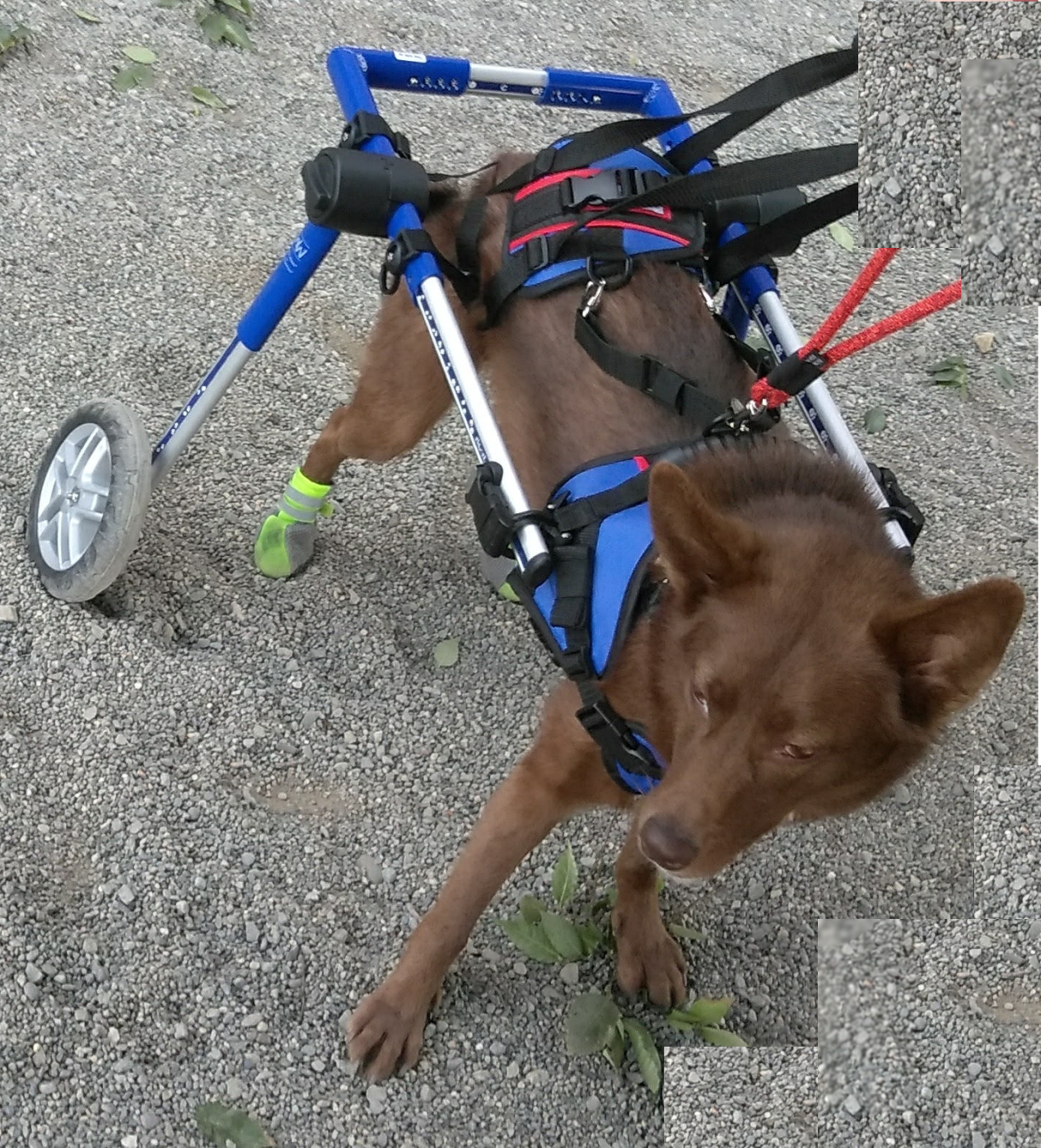(Dog owners – see survey form at end of article if this interests you)
Cancer cells can shield themselves from the immune system by secreting what are called decoy proteins or receptors. These proteins circulate in a patient’s bloodstream and block the capacity of the immune system to operate against the cancer. As such, even if existing immunotherapy drugs are administered, they cannot work at full capacity and their effectiveness is limited.
“The only way to neutralize these proteins is to get rid of them or filter them out of the blood stream, which would eliminate their effect and then the immune system can exude its anti-cancer effect and can be harnessed with existing drugs,” explained Prof. Gal Markel, director of the Ella Lemelbaum Institute for Immuno-Oncology at Sheba Medical Center.
“Immunicom’s novel methodology represents a sea change from traditional standards-of-care and offers the potential for achieving much better clinical outcomes with fewer treatment side effects,” Markel said.
Immunicom of San Diego developed the technology to filter out these proteins, recently receiving a “Breakthrough” designation from the FDA for its system.
The company’s LW-02 plasma filtration system is a disposable device that is coated with a highly selective compound that binds only to these decoy receptors. When plasma is run through the device, it comes out without these decoy receptors. The immunophoresis process can be equated to dialysis, which is used to draw a patient’s blood outside the body, filter out the toxins, and then return the blood back to the patient in a closed circle.
He noted that the existence of these proteins has been known since the 1990s, but until now, no one has managed to get rid of them.
“…these proteins has been known since the 1990s, but until now, no one has managed to get rid of them.” Dr. Markel
Immunicom’s Therapy Concluded Two Dog Studies (Melanoma)
Immunicom has had two dog studies to date. The first (below) in California, reportedly eliminated melanoma tumors in dogs within six week. The nonpharmaceutical therapy was found to be safe and effective. The second study was done at UPenn Veterinary, led by Dr. JD Foster, and the study found Immunopheresis to be a safe and effective therapy.
In the video below, the study’s lead veterinarian reviews the results.
The footage below is unedited and was provided for the purpose of showing what the therapy looks like. The video begins at the beginning of the study and records the veterinarian inspecting the dogs at the end of the study. The tumor elimination is visually evident, and a lab tech can be heard saying, “this is supposed to be impossible!”.
More information on Immunicom’s therapy:
Dog Owners – Please Take Survey!
We’re surveying dog owners about their thoughts and interest level in Immunicom’s treatment.
Publications
- Unleashing endogenous TNF-alpha as a cancer immunotherapeutic
- Filtering out cancer’s invisibility cloak
- NCI/NIH Award $2 Million to Immunicom to Initiate Clinical Trial Evaluating Breakthrough Immunopheresis® LW-02 Molecular Subtractive Therapy in Refractory ER+/Her2- Breast Cancer
- Immunicom Continues Successful Immunopheresis® Clinical Trial in Advanced, Non-Small Cell Lung Cancer Treatment with Acibadem University
Questions & Alerts About This Article
We try to respond to all inquiries within three business days.



